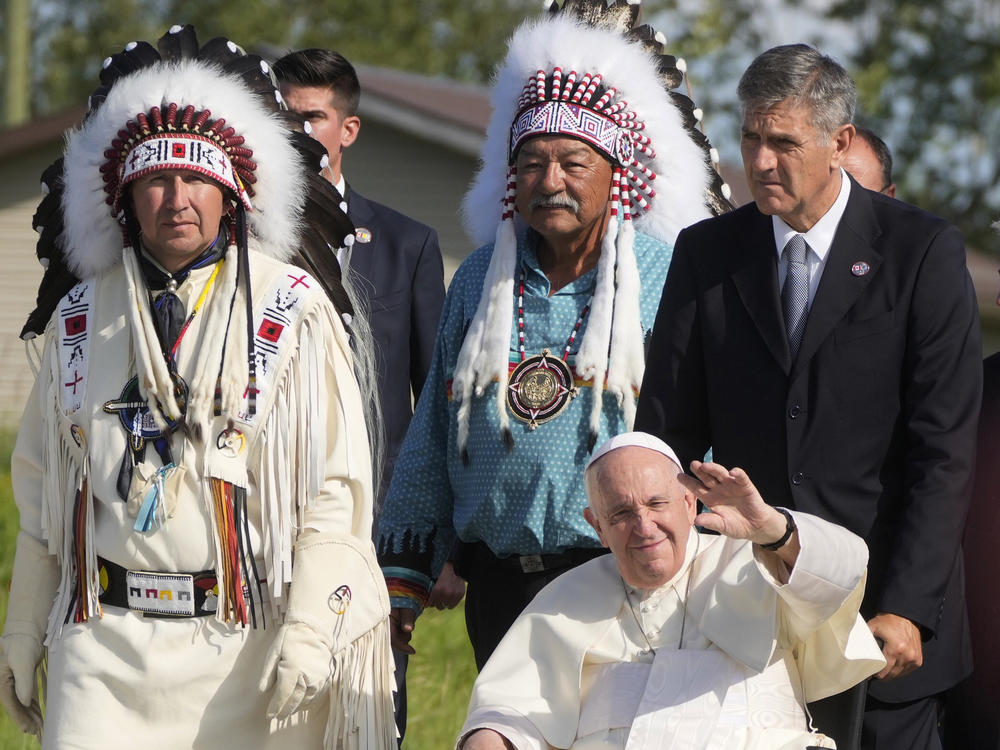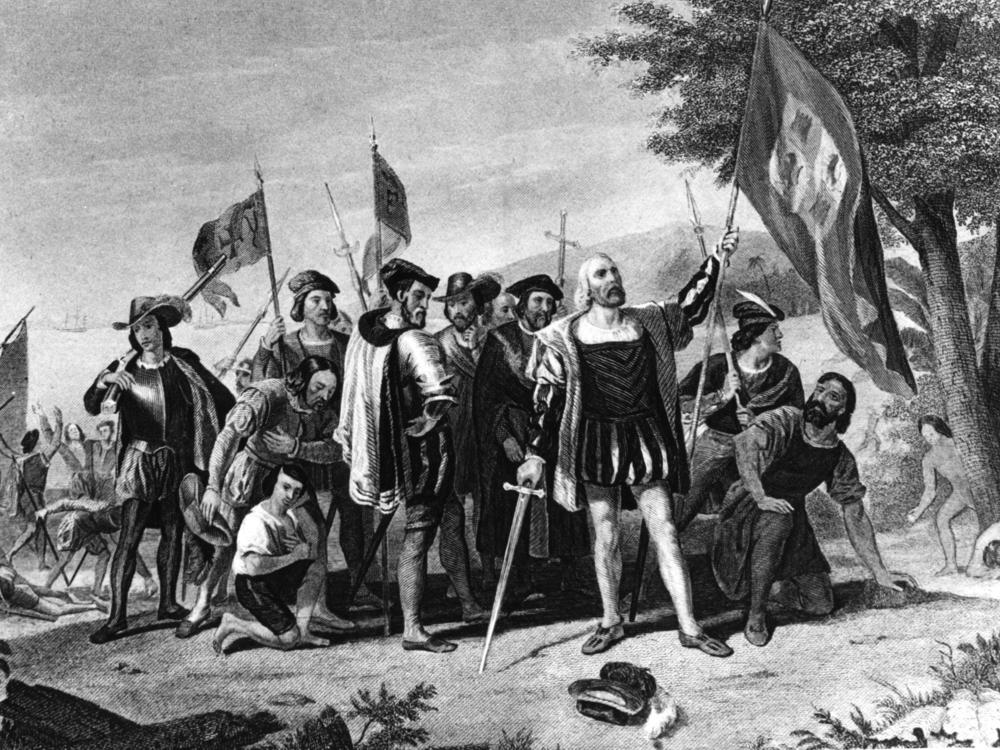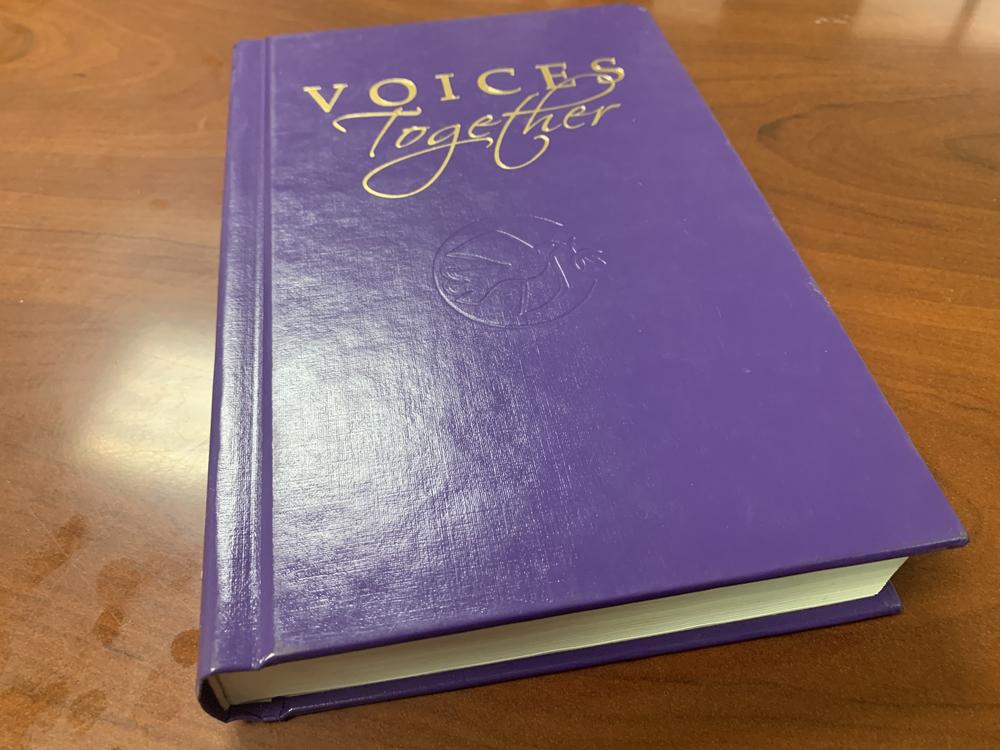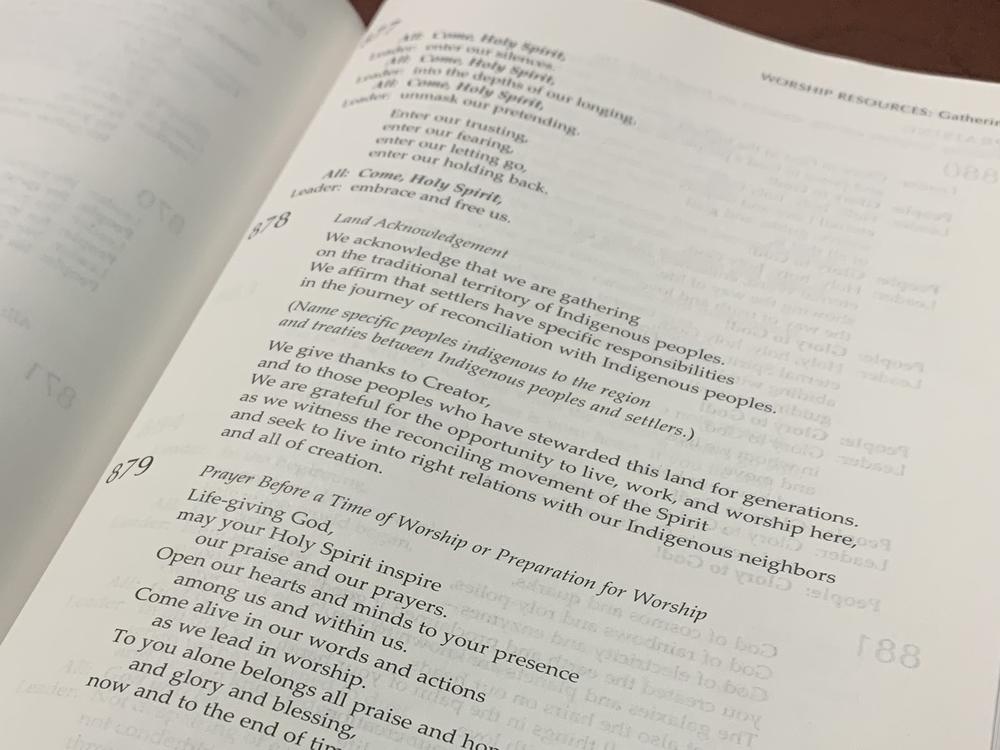Section Branding
Header Content
Churches confess and repent for sins against Native and Indigenous people
Primary Content
Each Sunday, Culver City Presbyterian Church Pastor Frances Wattman Rosenau begins the worship service with these words:
"As we gather for worship this day, we acknowledge that the land on which we gather was for many generations stewarded by the Tongva, Kizh and Chumash people. We recognize the enduring presence of indigenous peoples connected to and on this land."
Wattman Rosenau first began using a land acknowledgement to open services in 2017, after attending a conference in Canada that also opened sessions with a similar land acknowledgement. She took great care crafting the language for her congregation's version—especially with one word in particular.
"Stewardship is a very theological word for us," she says, "because it implies care, and providing, tending—a deep relationship."
It's a relationship with the earth Wattman Rosenau says Christians should emulate and a relationship with Native and Indigenous people they should cultivate. She hopes placing these words at the beginning of the service is leading her flock to both learn more about their Native neighbors and reflect on the historic violence toward Indigenous people perpetrated by churches during the era of colonization.
"As Christians, we have a deep, long tradition of repentance, of truth telling, speaking truth to power," Wattman Rosenau says. "Repentance is not just so that we can wallow in the guilt, but so that there can be a mending. So that the things that have been broken can be healed."
The Doctrine of Discovery has its roots in European Christianity
Healed from a long tradition of conquest and colonization started in the 15th Century during the Age of Exploration, including the time when Christopher Columbus arrived in North America. That tradition of claiming new lands for European powers is based on an idea now called the Doctrine of Discovery, says Nancy Pineda-Madrid, professor of theology at Loyola Marymount University in Los Angeles.
"It's not one written document," she says. "There are a series of documents – papal bulls – in which the pope gave rights to claim these lands to Portugal and to Spain."
Pineda-Madrid says the mindset was that explorers could take the land from people who were not Christians and assume the land in the name of Christianity.
"So, there was a superiority for Christianity and Christian rulers that have rights that are not recognized in terms of others living in these lands," she says. "Obviously, the Indigenous peoples were there long before Christianity arrived."
It's a worldview that led to the murder or enslavement of millions during the Age of Exploration. And it's a mindset that continues into more recent times — from the failure of the U.S. government to honor treaties with Tribes around the U.S. to boarding schools used to break up families and stamp out Native culture.
But the possibility of the Church's redemption for providing the theological underpinning of colonization gives many hope.
A growing number of denominations are repudiating the Doctrine of Discovery
Starting in the late 2000s, more than two dozen Protestant denominations in the U.S. and Canada as well as the World Council of Churches have voted to officially repudiate the Doctrine of Discovery. Among them: Presbyterians, Lutherans, the United Church of Christ, United Methodists, and the Episcopal Church.
At St. Michael's Episcopal Ministry Center in Riverside, Calif., Mary Crist leads worship and oversees the churches ministry to the unhoused.
She is a priest in the Episcopal Diocese of Los Angeles and an enrolled member of the Blackfeet of Montana.
In addition to her parish duties, Crist works nationally for the Episcopal Church to help the denomination go beyond acknowledgement through education of both clergy and laity – from making Episcopal seminaries more inclusive of Native students to helping average people in the pews understand Christianity's often negative relationship with Indigenous peoples. She's glad to be part of a church taking the work of reconciliation seriously and has formally repudiated the Doctrine of Discovery.
"I think that anyone who calls themselves Christian needs to ask why they wouldn't want to repudiate that doctrine," she says. "Because that doctrine was explicit in saying non-Christians are non-humans and without rights."
Severing Native peoples' connection to the land is spiritually devastating
Crist says her very presence as a Native American and a priest is testament to how far the church has come. She also says the church and society at large have important lessons still to learn.
"We didn't just all die off," she says. "Some of us are still here. Incredibly resilient people whose literal connection to God comes through the land."
That connection to the land, she says, is crucial for understanding how devastating colonization and forced removals such as the Trail of Tears were for Native and Indigenous people.
"When the land is taken away or destroyed," she says, "we don't have a connection with the Creator that we need to survive."
Crist says this alienation from the land has consequences for all people. She points to the climate crisis as just one example of how that disconnection between people and the environment plays out in devastating ways.
Pope Francis repudiates a doctrine given birth by his predecessors
The movement to repudiate the Doctrine of Discovery had been largely based in Protestant churches, but many Roman Catholics around the world rejoiced earlier this year when Pope Francis also renounced the doctrine, says Loyola Marymount University theology professor Celilia González-Andrieu.
"For him, there is this joint, extraordinarily urgent concern," she says, "which I think just comes to a head with the Indigenous."
It's a concern for the environment and concern for the poor that Francis sees as inextricably interconnected.
"What he calls the cry of the earth and the cry of the poor," says González-Andrieu.
She knows dismantling the Doctrine of Discovery will take many years, but she finds hope in a passage from the Gospel of John: "Where Jesus says, 'I came so they would have life and have it more abundantly.'"
She says if Christians could grasp the revolutionary nature of that statement, they would see that the concern for Native and Indigenous peoples is key.
"That's the entire job of any Christian," González-Andrieu says. "That means the environment. That means every single human being and their full dignity. It means all of the creatures. That is abundant life."
It's this idea of 'abundant life' that she says excites her students and renews their interest in the work of the church. It gives them an earthly, concrete concern in addition to more abstract, otherworldly goals.
Statements of repudiation are one thing; actions are quite another. And specifics are sometimes hard to come by when looking for the ways Christian communities are working to mend their relationships with Native peoples.
Chuches move beyond acknowledgement to action
At Pasadena Mennonite Church in Southern California, member Tim Nafziger leafs through his denomination's recently-published hymnal, Voices Together. It includes a template for land acknowledgements that each congregation can adapt with the names of local Native groups.
"Because the Coalition to Dismantle the Doctrine Discovery has been active in the Mennonite community," he says, "that was clearly part of what was taken to account" when creating the worship resource.
That Coalition emerged from the Mennonite Church in 2014 and leans into what it calls the twin ideas of love of neighbor and seeking right relationship with those neighbors.
One concrete way Nafziger's congregation is dismantling Christianity's history of colonization is by working with a group of Apache, known as Apache-Stronghold, fighting the development of a copper mine in Oak Flats, Arizona. The proposed mine would be on land the group considers sacred.
When the 9th Circuit Court of Appeals heard the case in Pasadena earlier this year, church members gave tribal members beds to sleep in and meals to eat.
"That was a real opportunity for Pasadena Mennonite Church to support Apache-Stronghold," says Nafziger.
Not just to be involved in hospitality, he says, "but also an opportunity for congregational members to come on the day when the case was heard."
He says it was heartening to see several dozen of his fellow Mennonites gathered there on the steps of the court federal house. It was a moment that Nafziger says continues to teach him humility, solidarity, and responsibility for ending the Doctrine of Discovery that's led to centuries of harm.
He recalls that day as enormously moving, he was present with the Apache to "stand in the rain together and pray."
Copyright 2023 NPR. To see more, visit https://www.npr.org.





